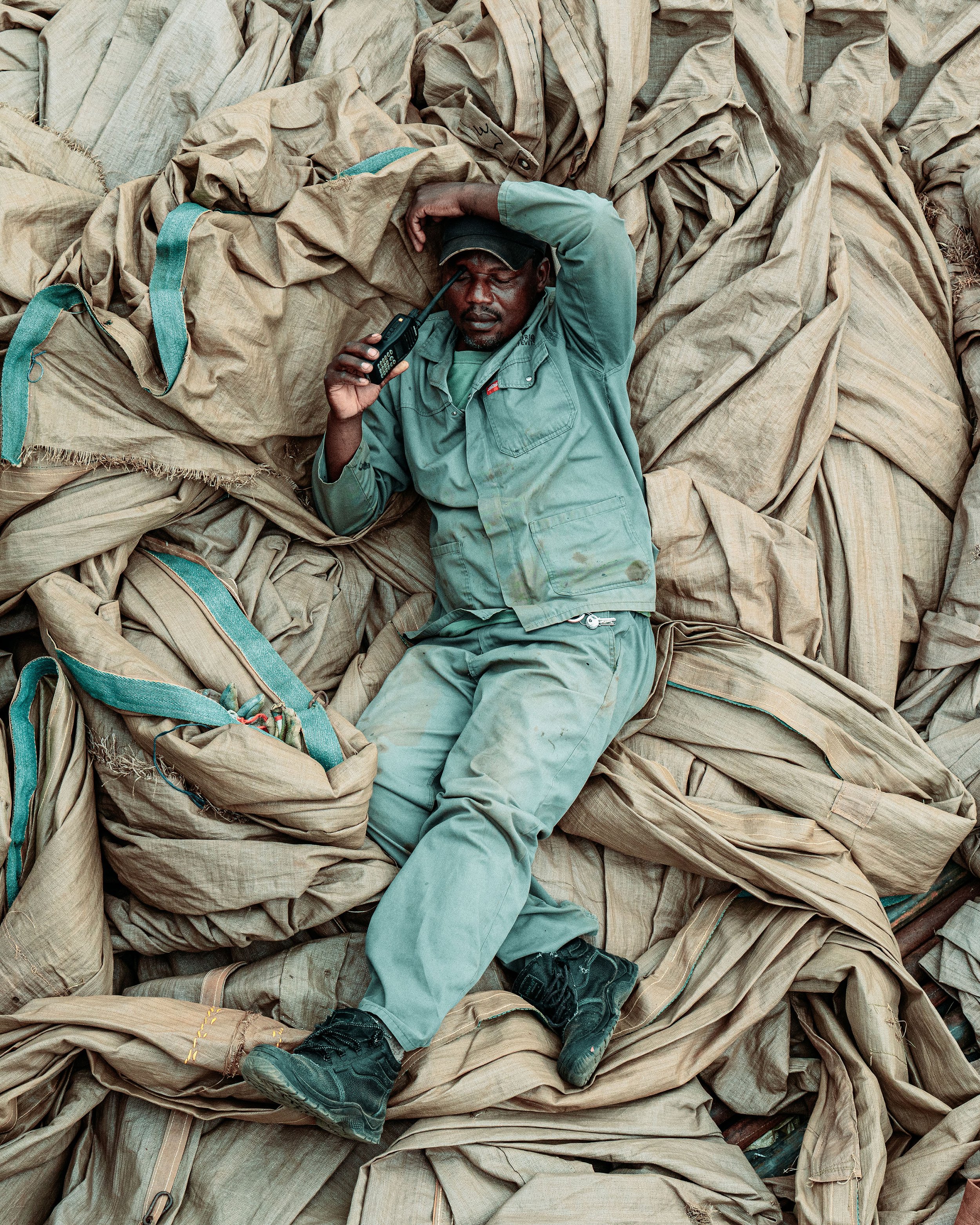Diepgezet
Lying in Wait
World Photo Org’s Picture of the month February 2022:
https://www.worldphoto.org/blogs/10-03-22/pic-month-aidan-murgatroyd
Field of Aloe
More than Friends
Isibaya
Sway
Gretchen
Line

Diepgezet

Lying in Wait
World Photo Org’s Picture of the month February 2022:
https://www.worldphoto.org/blogs/10-03-22/pic-month-aidan-murgatroyd

Field of Aloe

More than Friends

Isibaya

Sway

Gretchen

Line